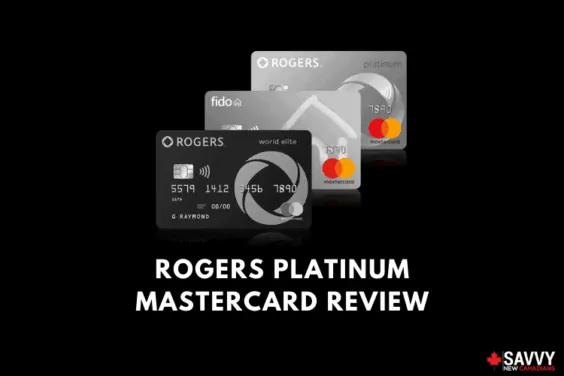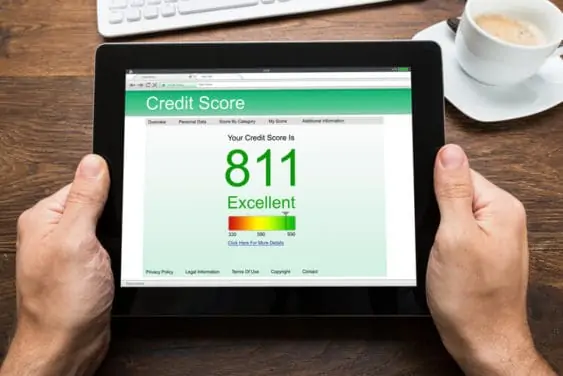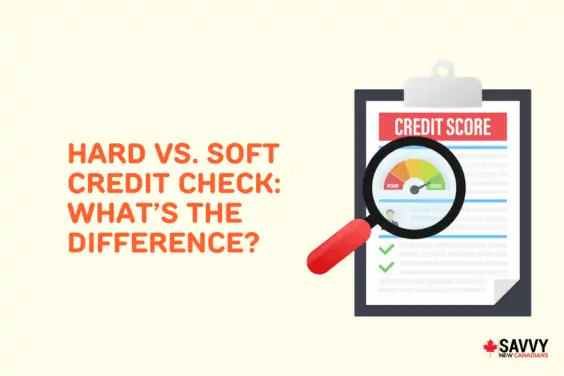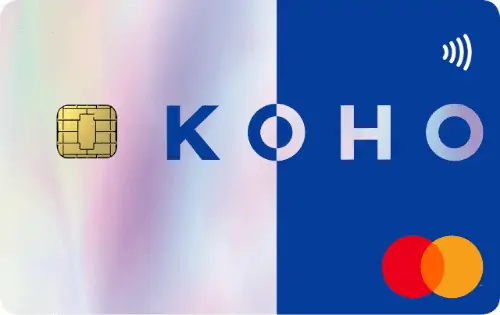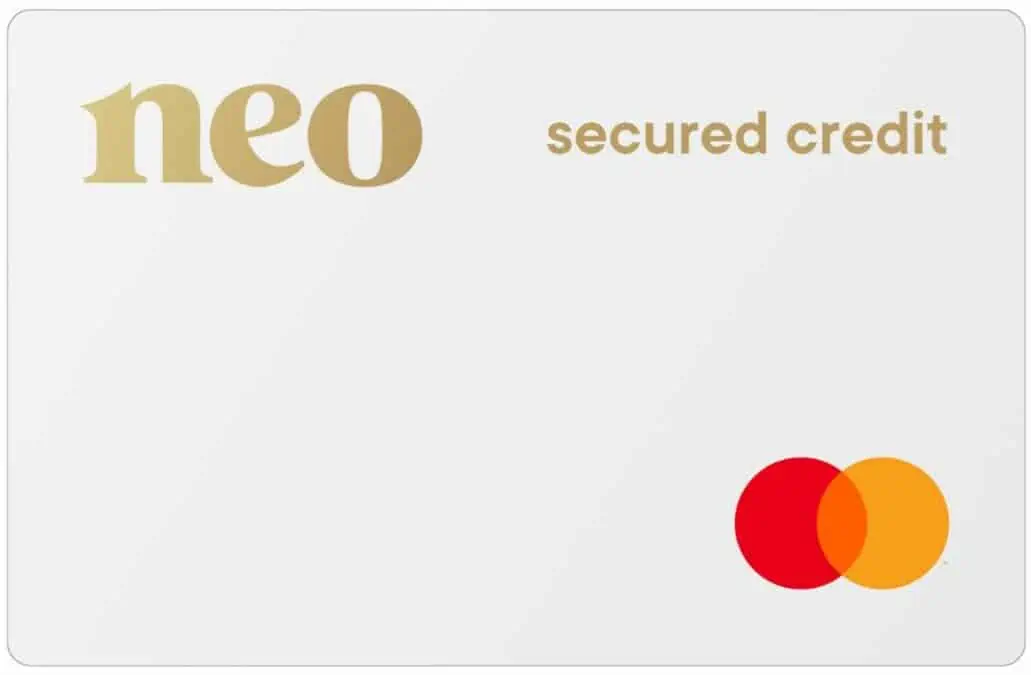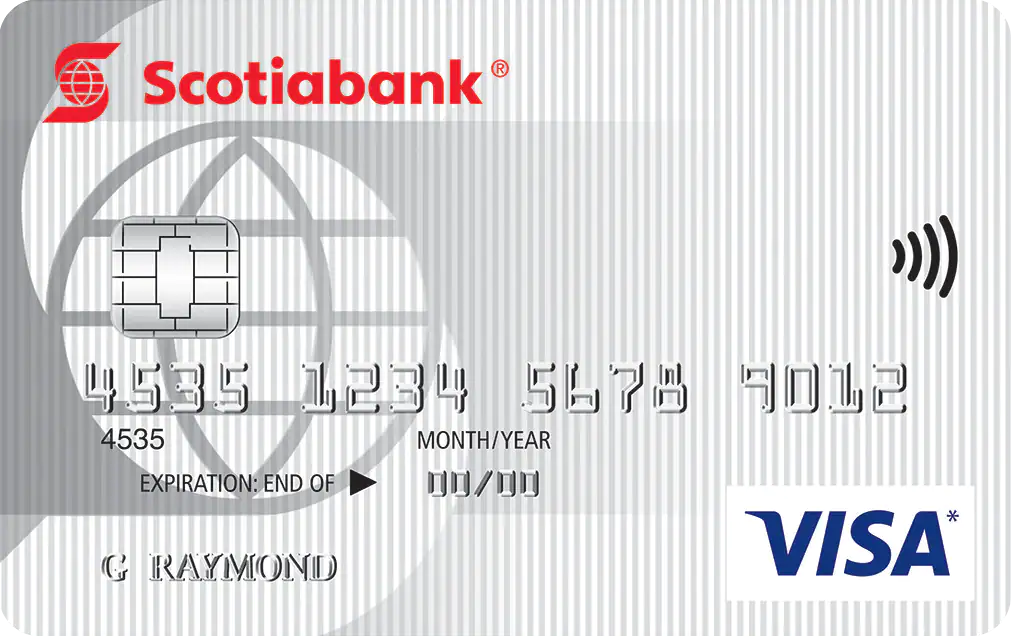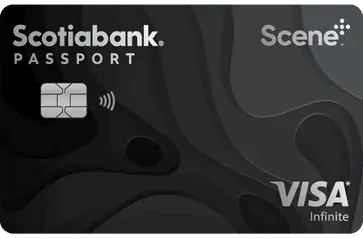Students often don’t have credit histories and may not have high incomes, but student credit cards provide them with a way to access credit.
Several credit cards are available for students in Canada. In this guide, we look at what student credit cards are, how they work, the pros and cons, and more.
What is a Student Credit Card?
Student credit cards in Canada are simply credit cards that are targeted at students, and they work in the same way as regular credit cards.
There are several differences, including that they are often easier to apply for, they have lower or no minimum income requirements, and there is not usually any requirement to have a long credit history.
Some student credit cards may be specifically called student cards. Others may simply be credit cards with more lenient application requirements, making them suitable for students.
How Do Student Credit Cards Work?
Student credit cards do not work any differently from regular credit cards. You make purchases on your card, receive your statement, and pay off some or all of your balance by the payment date.
They also have a minimum grace period of 21 days, just like regular credit cards.
But they are often targeted specifically at students and are typically easier to qualify for because banks understand that students do not have long credit histories or earn high incomes.
Student Credit Card Credit Limits
One way student credit cards in Canada may differ from standard credit cards is that the credit limit is often lower.
But there is no rule about credit limits, and if you already have a good credit score, you may qualify for a higher limit.
Will a Student Credit Card Help Build Credit?
Like regular credit cards, student credit cards will help you build credit. This is one of the major benefits of using one.
Of course, you must ensure you always make your minimum payment on time because late payments can hurt your credit score instead of improving it.
Student Credit Cards vs Regular Credit Cards
As mentioned above, student credit cards and regular credit cards work in the same way. You borrow money by spending on your card and then make your payments on time.
One of the main differences is that regular credit cards may have higher credit limits. This is especially true of premium credit cards, which are targeted at higher earners.
Another difference is that regular credit cards have stricter application requirements, like a minimum income requirement. However, when it comes to student credit cards, you may need to be enrolled in post-secondary education to apply.
You also shouldn’t expect the same rewards and premium perks with student credit cards, especially entry-level cards that are not branded as student cards.
That being said, banks still want students to apply for their cards. As such, some may have rewards that are tempting for students, like discounts on car rentals and subscription services or the option to earn cashback.
Who Can Get a Student Credit Card?
Student credit cards in Canada are often limited to students, but not always. You may need to be between 18 and 24 to apply for one, and you will need to be the age of majority in your province or territory.
You may also need to be enrolled in post-secondary education and provide proof.
Some are available for international students who are studying in Canada. However, there may be different requirements like applying for a Social Insurance Number.
For many student cards, you won’t need a good credit score or a long credit history to apply, and you typically won’t need a high income.
But some may still require a low minimum income or that you have access to funds via a student loan, scholarship, grant, etc.
Pros and Cons of Student Credit Cards
Pros:
- A useful way for students to start building credit.
- Application requirements are typically less strict than with regular credit cards.
- Many cards come with rewards and useful perks.
- Credit cards are a convenient way for students to access credit.
- Many student credit cards have low or no annual fees.
Cons:
- Credit limits are often lower than with regular credit cards.
- Credit card debt can be expensive for students who carry a balance.
- The rewards are often not as good as those offered by premium credit cards.
How to Apply for a Student Credit Card
Applying for a student credit card is typically a simple process. Once you have chosen a suitable card, check that you are eligible and whether there are any requirements regarding your income.
If you are eligible, you can usually apply online, which is the quickest option. Your application may get accepted immediately, or you could apply over the phone or in person.
You will then need to provide documents like your ID, Social Insurance Number, proof of study, and more. The exact requirements differ depending on the credit card. International students may need to present additional documentation.
You may find student credit cards in Canada with instant approval, while you may need to wait longer for some. Once your application is approved, you will receive your card, which you can activate and start using.
How to Choose the Best Student Credit Card
When it comes to choosing the best student credit cards in Canada, whether you want a Scotiabank student credit card, TD student credit card, or another card, there are several factors to consider:
- Do you need to earn an income or have a good credit score to apply?
- Is the credit limit high enough for your needs?
- How easy is the application process?
- What are the rewards provided, if any? Will you find them useful?
- Will you carry a balance and prefer a low-interest rate?
- Is there an annual fee to consider?
Should You Get a Student Credit Card?
If you are studying and want to get credit, a student credit card can be useful. It can be a good way to start building credit, and you may be able to earn rewards while using it.
If you want to get a credit card, explore the options available and apply for a card that looks like a good fit.
FAQs
There is no set credit limit for student credit cards, but they tend to be lower than with regular credit cards.
Student credit cards are not particularly hard to get, but you may need to provide proof that you are in post-secondary education.
Many student credit cards do not have specific minimum income requirements, but some do.
As a full-time student, you can choose from several credit cards in Canada to get access to credit.

